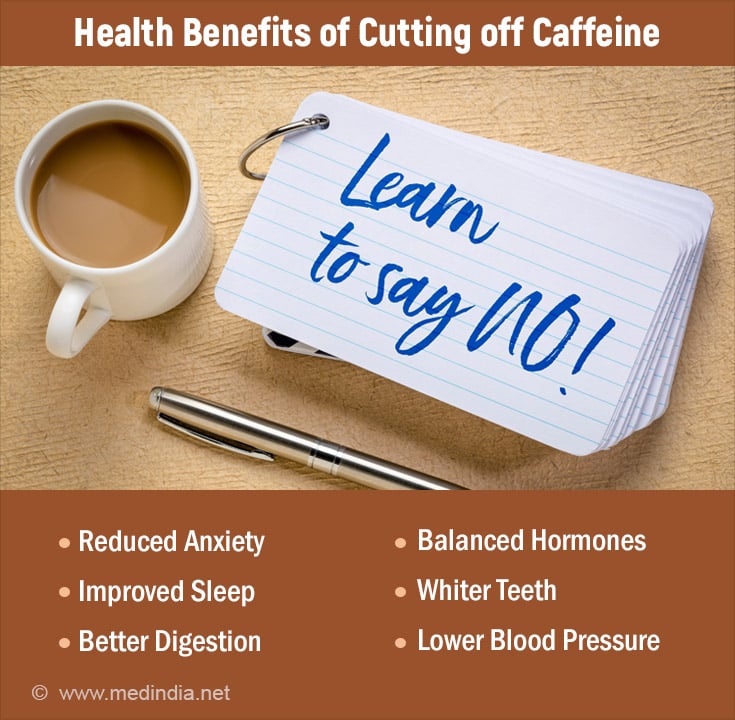- What doctors wish patients knew about the impact of caffeine - (https://www.ama-assn.org/delivering-care/public-health/what-doctors-wish-patients-knew-about-impact-caffeine)
- NIH Study shows caffeine consumption linked to estrogen changes - (https://www.nih.gov/news-events/news-releases/nih-study-shows-caffeine-consumption-linked-estrogen-changes)
- Effects of Coffee on the Gastro-Intestinal Tract: A Narrative Review and Literature Update - (https://www.ncbi.nlm.nih.gov/pmc/articles/PMC8778943/)
- Influence of caffeine and hyaluronic acid on collagen biosynthesis in human skin fibroblasts - (https://www.ncbi.nlm.nih.gov/pmc/articles/PMC4206198/#:~:text=Results,significantly%20inhibited%20the%20enzyme%20activity)
- Relationship between maternal caffeine and coffee intake and pregnancy loss: A grading of recommendations assessment, development, and evaluation-assessed, dose-response meta-analysis of observational studies - (https://www.ncbi.nlm.nih.gov/pmc/articles/PMC9396037/)
About
Caffeine is a staple in many people's daily routines, with coffee, tea, energy drinks, and sodas being popular sources. While caffeine can offer certain perks, like a quick energy boost and enhanced focus, it’s important to consider the potential benefits of reducing or eliminating it from your diet.
Did You Know?
Cutting caffeine can significantly reduce anxiety and improve sleep quality. #medindia #caffeinefree #coffee
Reducing
Health Benefits of Going Caffeine-free

1. Reduced Anxiety Levels
Caffeine's stimulating effects can lead to increased anxiety by triggering the body's "fight or flight" response. This can result in heightened nervousness, jitteriness, and even panic attacks in some individuals. For those who are already prone to anxiety, cutting back on caffeine can lead to a noticeable reduction in symptoms, fostering a calmer and more balanced state of mind.
2. Improved Sleep Quality
Caffeine can interfere with your sleep patterns, particularly if consumed later in the day. It blocks adenosine, a neurotransmitter that promotes sleep, leading to difficulty falling asleep and disrupted sleep cycles. By eliminating caffeine, you may find it easier to fall asleep and enjoy more restful and rejuvenating sleep, leading to better daytime alertness and overall mood.
3. Enhanced Nutrient Absorption
Caffeine is known to inhibit the absorption of essential nutrients such as calcium, iron, and B vitamins. These nutrients are vital for maintaining bone health, energy levels, and overall wellness. By reducing or eliminating caffeine, you can improve your body’s ability to absorb and utilize these nutrients, ensuring you get the maximum benefit from your diet(1✔ ✔Trusted Source
What doctors wish patients knew about the impact of caffeine
Go to source).
4. Healthier and Whiter Teeth
Coffee and tea are notorious for staining teeth due to their high tannin content. These drinks can also contribute to enamel wear and decay, leading to dental issues over time. By cutting out caffeine, you can help preserve your teeth’s natural whiteness and reduce the risk of cavities and other dental problems, leading to a healthier smile.
5. Balanced Hormones for Women
Caffeine can influence estrogen levels in women, with potential effects varying based on ethnicity. Elevated estrogen levels can increase the risk of conditions like endometriosis and certain cancers. For women, especially those with a family history of these conditions, reducing caffeine intake can contribute to hormonal balance and overall reproductive health(2✔ ✔Trusted Source
NIH Study shows caffeine consumption linked to estrogen changes
Go to source).
6. Lower Blood Pressure
Caffeine stimulates the nervous system, which can raise blood pressure, especially in those sensitive to its effects. High blood pressure is a risk factor for cardiovascular diseases, including heart attacks and strokes. By opting for a caffeine-free lifestyle, you may reduce your risk of hypertension and its associated health complications.
7. Balanced Brain Chemistry
Caffeine affects brain chemistry in a way similar to certain drugs, leading to dependency and potential withdrawal symptoms. These symptoms can include headaches, irritability, and fatigue, making it challenging to quit caffeine abruptly. However, by gradually reducing your intake, you can achieve a more stable mood without the ups and downs associated with caffeine consumption.
8. Improved Digestive Health
Caffeine can stimulate the digestive system, sometimes causing discomfort such as acid reflux, diarrhea, or loose stools. It can also exacerbate conditions like irritable bowel syndrome (IBS) and
Effects of Coffee on the Gastro-Intestinal Tract: A Narrative Review and Literature Update
Go to source).
9. Better Aging
Caffeine can interfere with collagen production, a protein that is essential for maintaining youthful skin. Reduced collagen levels can lead to wrinkles, sagging skin, and other signs of aging. By avoiding caffeine, you can support better skin health and maintain a more youthful appearance over time(4✔ ✔Trusted Source
Influence of caffeine and hyaluronic acid on collagen biosynthesis in human skin fibroblasts
Go to source).
Who Should Avoid Caffeine?
While many people can enjoy caffeine in moderation without adverse effects, certain groups should consider avoiding it entirely. These include:
- Pregnant or Trying to Conceive: Caffeine has been linked to increased risks of miscarriage and reduced fertility. Pregnant women and those trying to conceive should limit their caffeine intake to protect their health and their baby’s development(5✔ ✔Trusted Source
Relationship between maternal caffeine and coffee intake and pregnancy loss: A grading of recommendations assessment, development, and evaluation-assessed, dose-response meta-analysis of observational studies
Go to source). - Individuals Prone to Anxiety: Caffeine can exacerbate anxiety and mood disorders, making it harder to manage symptoms. Those with a history of anxiety or depression may benefit from a caffeine-free lifestyle to maintain emotional balance.
- People with Digestive Issues: Conditions such as acid reflux, gout, and diabetes can be aggravated by caffeine consumption. Reducing or eliminating caffeine may help alleviate symptoms and improve overall digestive health.
- Individuals Taking Certain Medications: Caffeine can interact with various medications, including antibiotics, antidepressants, and asthma treatments. If you’re on medication, consult your healthcare provider to determine if reducing caffeine is advisable.
Alternatives to Caffeine
Going caffeine-free doesn’t mean giving up on enjoyable beverages. There are plenty of alternatives, such as herbal teas, decaffeinated coffee, or naturally caffeine-free drinks like chicory root coffee. These options can provide similar comfort and enjoyment without the stimulating effects of caffeine.
While caffeine has its place in many people's lives, cutting back can offer numerous health benefits that go beyond just feeling less jittery. From improved sleep and reduced anxiety to healthier teeth and a more balanced hormonal profile, the advantages of going caffeine-free are significant.
For more caffeine free alternatives click here -
Plan Your Caffeine-Free Journey
If you’re considering reducing or eliminating caffeine, plan a gradual transition to minimize withdrawal symptoms. Start by cutting down your daily intake, replacing caffeinated beverages with healthier alternatives, and observing how your body responds.
If you’re unsure about how caffeine affects your health, consider consulting a healthcare professional. They can provide personalized advice based on your unique health profile, helping you make informed decisions about your caffeine consumption.
Summary
Choosing to go caffeine-free is a personal decision that can lead to significant improvements in your health and quality of life. Whether you’re motivated by better sleep, reduced anxiety, or healthier skin, the benefits are clear. Remember, health is a journey, and taking steps to reduce caffeine could be an essential part of yours.
"Health is not just the absence of illness but the harmony of the body, mind, and spirit. Embrace a balanced lifestyle for a healthier you."









